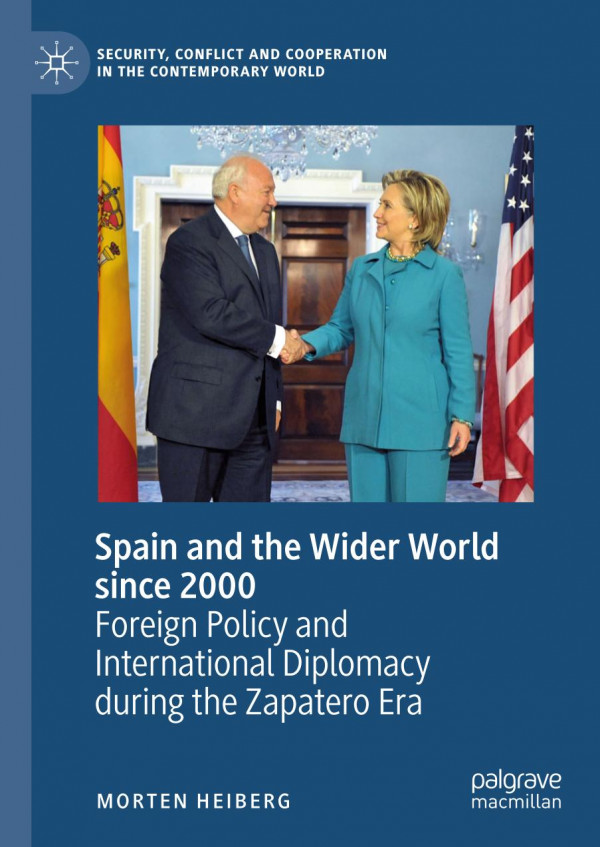

Most ebook files are in PDF format, so you can easily read them using various software such as Foxit Reader or directly on the Google Chrome browser.
Some ebook files are released by publishers in other formats such as .awz, .mobi, .epub, .fb2, etc. You may need to install specific software to read these formats on mobile/PC, such as Calibre.
Please read the tutorial at this link: https://ebookbell.com/faq
We offer FREE conversion to the popular formats you request; however, this may take some time. Therefore, right after payment, please email us, and we will try to provide the service as quickly as possible.
For some exceptional file formats or broken links (if any), please refrain from opening any disputes. Instead, email us first, and we will try to assist within a maximum of 6 hours.
EbookBell Team

5.0
18 reviewsThis book offers the first comprehensive study of Spanish foreign policy since 2000. Based on privileged access to some of Spain’s most important foreign policy actors – including Prime Minister José Luis Rodríguez Zapatero and Foreign Minister Miguel Ángel Moratinos – the book offers an insider account of how Spanish foreign policy was shaped within the context of international diplomacy. It offers crucial new insights into the foreign policy of the PSOE governments (Spanish Socialist Workers' Party, 2004 to 2011). The volume considers the changes on the international stage since the fall of the Berlin Wall in 1989, showing how regional conflicts and tensions affected the policy agendas of the West. To increase security and prosperity at home, the 2004 Spanish socialist government reasoned that they could no longer rely exclusively on unilateral measures, old Cold War alliances or a ‘Spain-first’ approach. Against the backdrop of this changing world, the book explores the concept of ‘effective multilateralism’ put forward by the PSOE, in which Spain abandoned its hitherto unconditional support for the US and instead engaged in a series of multilateral collaborations with regions around the world. Above all, this study seeks to provide a new international history of contemporary Spain, demonstrating how domestic changes intersected with global transformations, and put forward the argument that diplomacy works.